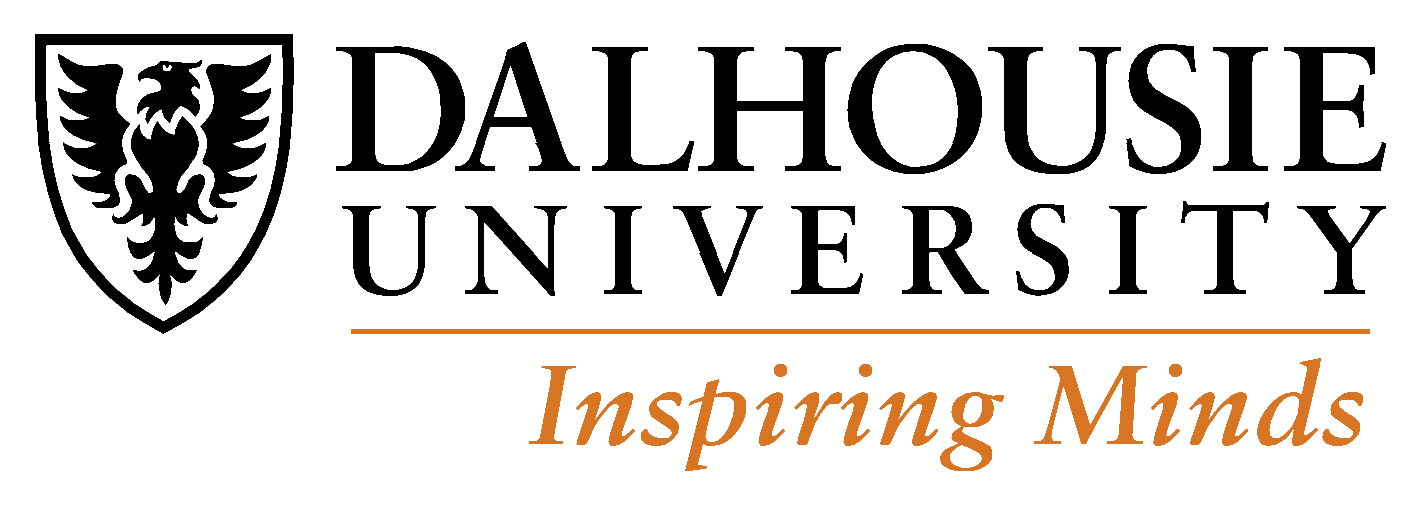
Our Research Center
The Laboratory of Integrative Multi-Omics Research in the Department of Pharmacology is engaged in cutting-edge research that aims to integrate large-scale data derived from varied bio-analytical technology platforms including next-generation sequencing (NGS), mass spectrometry (MS), magnetic resonance spectroscopy (MRS), among others.
The lab focuses on questions related to cancer biology, specifically understanding the etiology of pediatric malignancies, their diagnosis and progression and, their heterogeneous response to pharmacotherapeutics. We develop novel methods for modeling the emergence of biological phenotypes following measurements of their genomes, transcriptomes, and proteomes over a period of time or course of pharmacological intervention.
The -omics technologies employed in our lab are listed below:
-
Genomics - via DNA-seq, aCGH, WGS, WES
-
Epigenomics - via ChIP-seq, DNA methylation
-
Transcriptomics - via microarrays, RNA sequencing of bulk sample or single cells
-
Proteomics - via mass spectrometry
-
Targeted and untargeted metabolomics - via magnetic resonance and/or mass spectrometry
The Team
The Karakach lab is made up of students and researchers of various disciplines, skills, and educational backgrounds.
Meet the team below.
Tobias K. Karakach, Ph.D.

Assistant Professor,
Faculty of Medicine,
Department of Pharmacology
Dr. Karakach obtained an MSc. degree in Analytical Chemistry with a concentration in Chemometrics from Dalhousie University, Halifax NS Canada and a Ph.D., also from Dalhousie Chemistry, with a concentration on Bioinformatics for Functional Genomics. After his post-doc work at the National Research Council of Canada, he accepted a Research Officer (RO) position at the same institution and focused his research on developing computational methods to analyze data derived from bioanalytical technologies such as Magnetic Resonance, Mass spectrometry, hyperspectral imaging, fluorescence, Infrared, and other vibrational spectroscopic tools applied to questions from diverse fields ranging from biomedical research to metrology.
In 2017, Tobias moved to the Vlaams Institute voor Biotechnologie (VIB) in Leuven, Belgium, and took up a position as a Bioinformatics Staff Scientist at the laboratory for Angiogenesis and Vascular metabolism. During this time, he expanded his repertoire of bioinformatics skills to single-cell transcriptomics by RNA-seq (scRNA-seq), genomics (DNAseq, aCGH, WGS, WES), and epigenomics (ChIPseq, DNA methylation) data analysis and, added invaluable biological knowledge to his computational expertise.
He is currently an Assistant Professor in the Department of Pharmacology at Dalhousie University and holds a cross-appointment in the Department of Biochemistry and Medical Genetics at the University of Manitoba.



